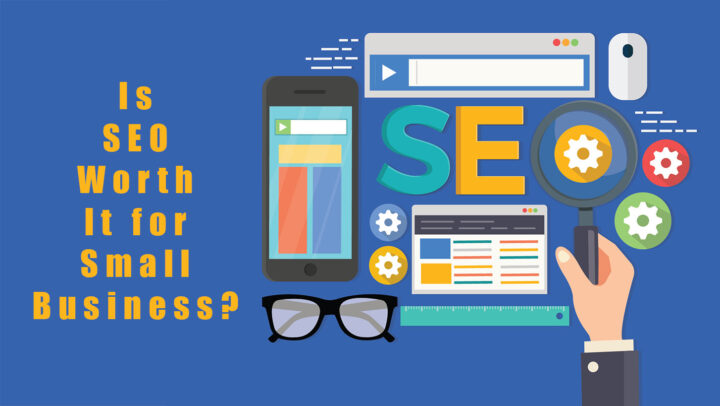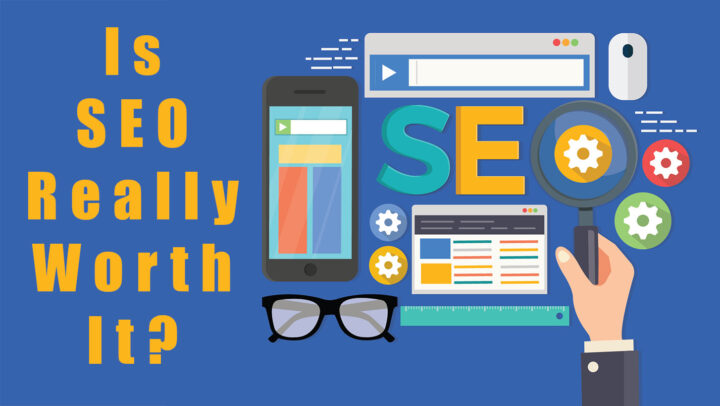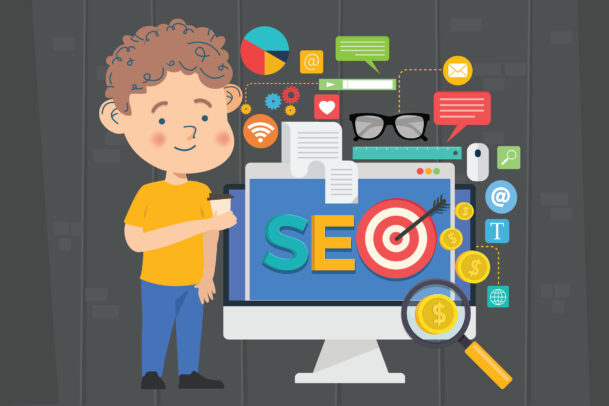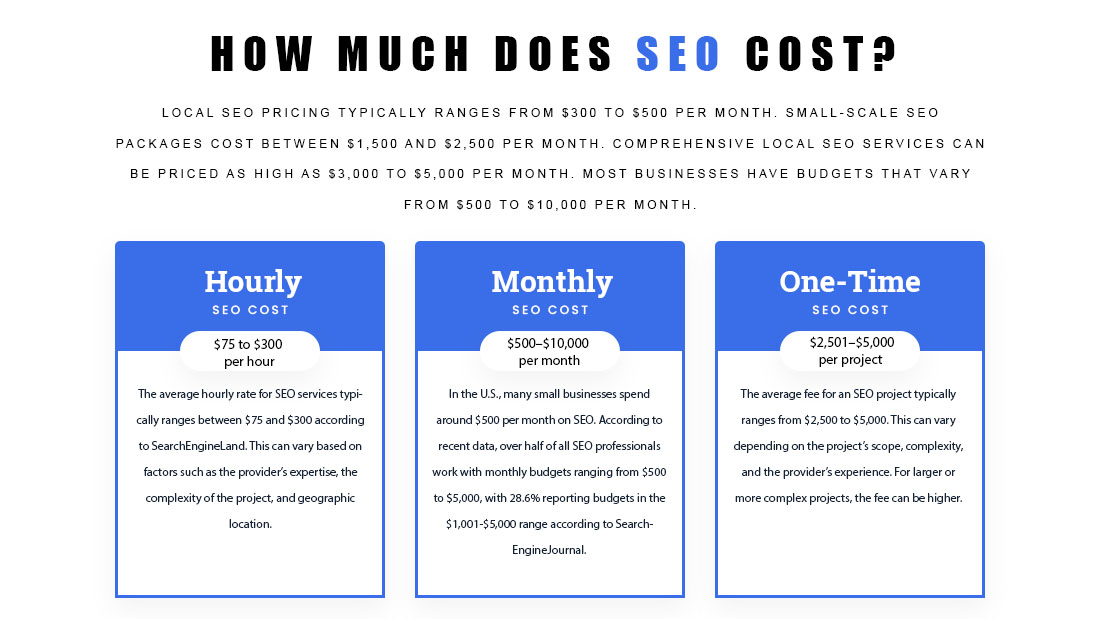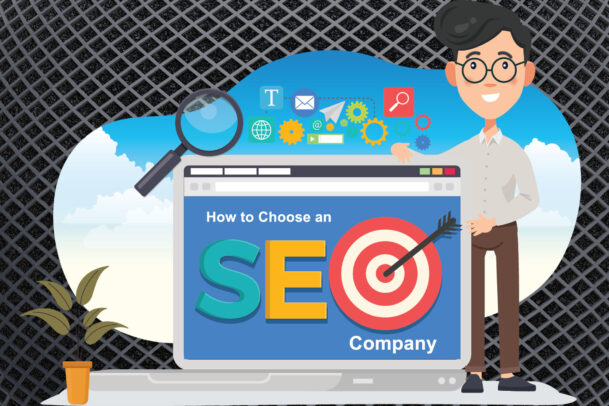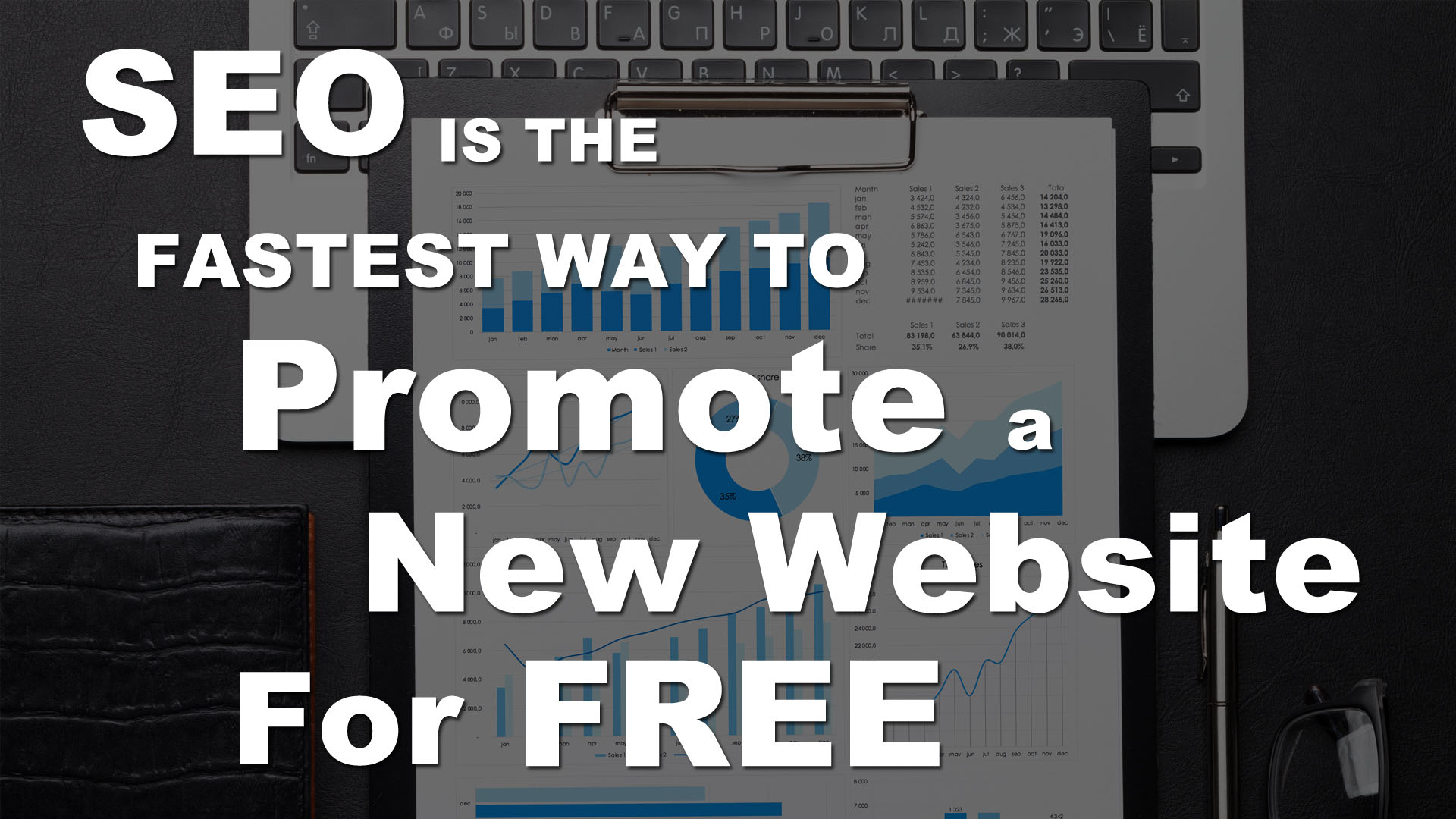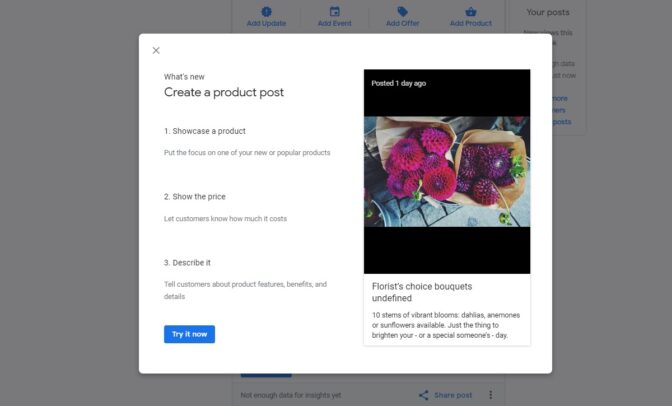
PPC vs. SEO: Pros, Cons, and Differences
Struggling to decide between SEO and PPC? You’re not alone. Business owners and marketers are constantly asking: Should I focus on ranking organically through SEO, or pay for visibility with PPC ads? The truth is, there’s no one-size-fits-all answer—but there is a smart strategy.
In this guide, we’ll break down the differences, advantages, disadvantages, and strategic value of SEO and PPC, and help you choose the right mix for your marketing goals.
SEO (Search Engine Optimization) is the process of improving your website to rank higher in organic (unpaid) search engine results. It focuses on creating relevant content, optimizing your site’s technical structure, and building authority over time.
PPC (Pay-Per-Click) is a form of paid digital advertising where you bid on keywords to place ads in search results. You pay each time someone clicks on your ad.
The big difference? With SEO, you earn traffic. With PPC, you buy it.
Today’s Search Engine Results Pages (SERPs) are far more complex than just 10 blue links. The layout and competition change by keyword, making it essential to understand what you’re up against.
Understanding these SERP elements helps you decide where SEO or PPC may give you better placement or ROI.
Here’s why SEO continues to be a long-term winner:
Ranking for commercial and informational queries helps build brand exposure and trust—especially during the research phase.
Users tend to trust organic results more than ads. Strong organic visibility signals authority and earns credibility with your audience.
There’s no cost per click with SEO. While it takes time and effort, traffic from organic search doesn’t come with a price tag per visitor.
Unlike PPC, SEO doesn’t stop delivering when you pause your budget. Your rankings can continue generating leads long after content is published.
With millions of new queries every day, SEO allows you to capture long-tail searches and early-funnel users—without paying for each click.
It’s hard to replicate strong organic rankings. If you rank well, competitors can’t just outbid you—they have to earn their way in.
As paid media costs rise, SEO becomes a smarter long-term investment. It often delivers a stronger return over time.
Despite the upside, SEO isn’t perfect:
SEO success takes experience, strategy, and patience. Without a clear plan, it’s easy to waste time on tactics that don’t move the needle.
Here’s what makes PPC a powerful option—especially for fast results:
You can target users by keyword, location, time, device, language, and more. It’s laser-focused marketing when executed correctly.
PPC campaigns can go live in days, generating qualified clicks immediately—perfect for product launches or time-sensitive offers.
PPC ads dominate the top of search results, especially on mobile. If visibility is the goal, this is the fastest way to get it.
Add sitelinks, pricing, call buttons, and more. PPC lets you customize your message and format for higher engagement.
Use A/B testing on ads, landing pages, and offers to see what performs best—then apply that data across all marketing.
Google Shopping Ads showcase product images, prices, and reviews right in the SERP—great for ecommerce visibility.
You set your spend. Whether it’s $10 or $10,000/day, PPC offers complete control over costs and pacing.
Use PPC to re-engage visitors or reach users at every stage—from awareness to conversion.
Unlike SEO, PPC provides full keyword and conversion data. It’s a goldmine for optimizing everything, including SEO strategy.
Despite its strengths, PPC has some drawbacks:
Even with automation, PPC works best with active oversight, smart bidding, and a conversion-optimized landing experience.
To decide which approach is right for you—or if both are needed—ask yourself:
Use personas to explore:
Certain keywords may be better suited for SEO (informational), while others may demand PPC (high-converting, competitive).
Search your target terms and note:
If your organic placement is low on the page, PPC may be needed to gain visibility.
Geo-targeted searches often return different results. Use location-based rank tracking tools to measure your real presence in each region.
If one or two leads a week is enough, SEO may cover your needs. But if you’re scaling or covering multiple markets, PPC can fill in the gaps.
SEO takes time but can be done with minimal cost. PPC delivers instant results but costs per click. Choose based on your current resources and business goals.
In reality, it’s not about SEO or PPC—it’s about how they work together. Most successful brands use both strategically.
A unified strategy ensures you’re visible throughout the entire customer journey—from awareness and research to purchase and remarketing.
There is no “one right answer” to the SEO vs. PPC debate. Your decision should depend on:
In most cases, a phased or hybrid strategy works best: start with PPC to drive immediate leads while building long-term authority with SEO.
By aligning both channels, you build a smarter, more resilient marketing engine—one that drives results today and compounds value over time.
Sources:
Want to learn more about the cost of SEO in Phoenix, Tempe, Scottsdale, Mesa, Chandler, or anywhere else in Arizona, contact Erick The SEO Guy today. We also offer SEO in Fort Lauderdale, FL and surrounding areas. Check out this same SEO cost guide and follow me on LinkedIn.
In this guide, we’ll break down the differences, advantages, disadvantages, and strategic value of SEO and PPC, and help you choose the right mix for your marketing goals.
What’s the Difference Between SEO and PPC?
SEO (Search Engine Optimization) is the process of improving your website to rank higher in organic (unpaid) search engine results. It focuses on creating relevant content, optimizing your site’s technical structure, and building authority over time.
PPC (Pay-Per-Click) is a form of paid digital advertising where you bid on keywords to place ads in search results. You pay each time someone clicks on your ad.
The big difference? With SEO, you earn traffic. With PPC, you buy it.
Understanding the Search Landscape
Today’s Search Engine Results Pages (SERPs) are far more complex than just 10 blue links. The layout and competition change by keyword, making it essential to understand what you’re up against.
Common SERP Features:
- Paid ads (top and bottom)
- Local 3-pack (map and local business listings)
- Knowledge panels
- Featured snippets
- “People Also Ask” boxes
- Image and video carousels
- Top stories (news results)
- Organic listings
- Shopping ads
Understanding these SERP elements helps you decide where SEO or PPC may give you better placement or ROI.
SEO Pros
Here’s why SEO continues to be a long-term winner:
1. Increased Visibility and Brand Awareness
Ranking for commercial and informational queries helps build brand exposure and trust—especially during the research phase.
2. Credibility and Trust
Users tend to trust organic results more than ads. Strong organic visibility signals authority and earns credibility with your audience.
3. Cost-Effective Clicks
There’s no cost per click with SEO. While it takes time and effort, traffic from organic search doesn’t come with a price tag per visitor.
4. Sustainable Traffic
Unlike PPC, SEO doesn’t stop delivering when you pause your budget. Your rankings can continue generating leads long after content is published.
5. Larger Keyword Scope
With millions of new queries every day, SEO allows you to capture long-tail searches and early-funnel users—without paying for each click.
6. Strategic Advantage
It’s hard to replicate strong organic rankings. If you rank well, competitors can’t just outbid you—they have to earn their way in.
7. Positive ROI
As paid media costs rise, SEO becomes a smarter long-term investment. It often delivers a stronger return over time.
SEO Cons
Despite the upside, SEO isn’t perfect:
- It’s highly competitive.
- Google’s results are ad-heavy, pushing organic listings down.
- Big players (like Amazon or Yelp) dominate many search terms.
- Local organic results vary widely by geography.
- Content creation and link building require consistent effort.
- Algorithm updates can affect rankings suddenly.
- There’s a ton of bad SEO advice out there.
- SEO tools often generate busywork instead of results.
SEO success takes experience, strategy, and patience. Without a clear plan, it’s easy to waste time on tactics that don’t move the needle.
PPC Pros
Here’s what makes PPC a powerful option—especially for fast results:
1. Precision Targeting
You can target users by keyword, location, time, device, language, and more. It’s laser-focused marketing when executed correctly.
2. Immediate Traffic
PPC campaigns can go live in days, generating qualified clicks immediately—perfect for product launches or time-sensitive offers.
3. Top-of-Page Placement
PPC ads dominate the top of search results, especially on mobile. If visibility is the goal, this is the fastest way to get it.
4. Rich Ad Features
Add sitelinks, pricing, call buttons, and more. PPC lets you customize your message and format for higher engagement.
5. Smart Testing
Use A/B testing on ads, landing pages, and offers to see what performs best—then apply that data across all marketing.
6. Product Ads (PLAs)
Google Shopping Ads showcase product images, prices, and reviews right in the SERP—great for ecommerce visibility.
7. Full Budget Control
You set your spend. Whether it’s $10 or $10,000/day, PPC offers complete control over costs and pacing.
8. Remarketing and Funnel Coverage
Use PPC to re-engage visitors or reach users at every stage—from awareness to conversion.
9. Consistent Data
Unlike SEO, PPC provides full keyword and conversion data. It’s a goldmine for optimizing everything, including SEO strategy.
PPC Cons
Despite its strengths, PPC has some drawbacks:
- Costly if not optimized.
- Highly competitive for commercial keywords.
- Clicks stop when budget stops.
- Easy to copy—competitors can target the same keywords.
- Hard to master—PPC requires constant testing, management, and refinement.
Even with automation, PPC works best with active oversight, smart bidding, and a conversion-optimized landing experience.
SEO or PPC? Ask These 5 Key Questions
To decide which approach is right for you—or if both are needed—ask yourself:
1. What Keywords Are You Targeting?
Use personas to explore:
- Who are your customers?
- Why are they searching?
- How do they make decisions?
Certain keywords may be better suited for SEO (informational), while others may demand PPC (high-converting, competitive).
2. What Does the SERP Look Like for Your Keywords?
Search your target terms and note:
- How many ads are shown?
- Is there a local pack?
- Where do organic listings begin?
If your organic placement is low on the page, PPC may be needed to gain visibility.
3. How Do Results Vary by Location?
Geo-targeted searches often return different results. Use location-based rank tracking tools to measure your real presence in each region.
4. How Much Business Do You Need?
If one or two leads a week is enough, SEO may cover your needs. But if you’re scaling or covering multiple markets, PPC can fill in the gaps.
5. Do You Have More Time or Money?
SEO takes time but can be done with minimal cost. PPC delivers instant results but costs per click. Choose based on your current resources and business goals.
SEO + PPC: Why a Hybrid Strategy Wins
In reality, it’s not about SEO or PPC—it’s about how they work together. Most successful brands use both strategically.
Benefits of Combining SEO and PPC:
- Use PPC data to identify top-converting keywords for SEO.
- Cover weak organic areas with paid ads.
- Dominate both paid and organic for high-value keywords.
- A/B test in PPC, then apply insights to SEO content.
- Use remarketing to bring back organic traffic that didn’t convert.
- Test new strategies quickly with PPC before investing in long-term SEO.
- Boost trust and authority by showing up in both places.
A unified strategy ensures you’re visible throughout the entire customer journey—from awareness and research to purchase and remarketing.
Final Thoughts: Which One Should You Choose?
There is no “one right answer” to the SEO vs. PPC debate. Your decision should depend on:
- Your business size
- Your goals (short-term vs. long-term)
- Your current visibility
- Your budget and bandwidth
In most cases, a phased or hybrid strategy works best: start with PPC to drive immediate leads while building long-term authority with SEO.
By aligning both channels, you build a smarter, more resilient marketing engine—one that drives results today and compounds value over time.
Sources:
- Search Engine Land – SEO vs. PPC: Pros, cons & an integrated approach
- Search Engine Land – Google Ads and SEO Synergies
- Search Engine Land – PPC & SEO Co-Optimization
Free SEO Consultations
Want to learn more about the cost of SEO in Phoenix, Tempe, Scottsdale, Mesa, Chandler, or anywhere else in Arizona, contact Erick The SEO Guy today. We also offer SEO in Fort Lauderdale, FL and surrounding areas. Check out this same SEO cost guide and follow me on LinkedIn.
0

